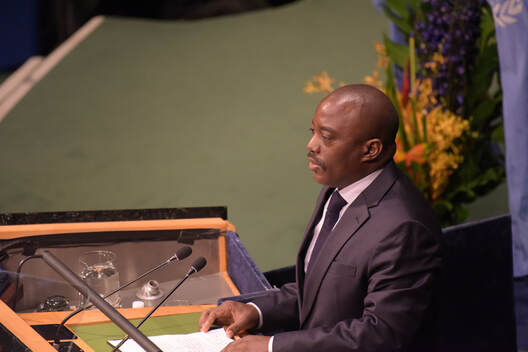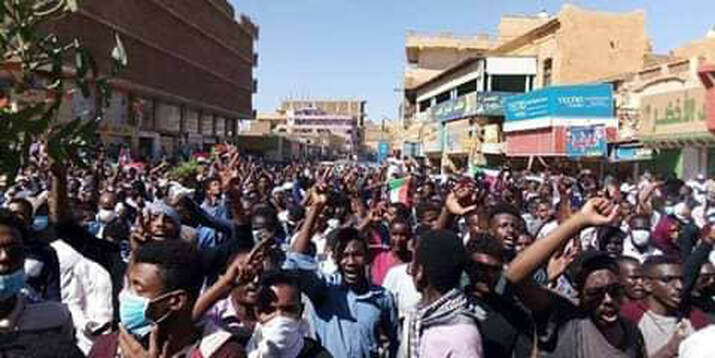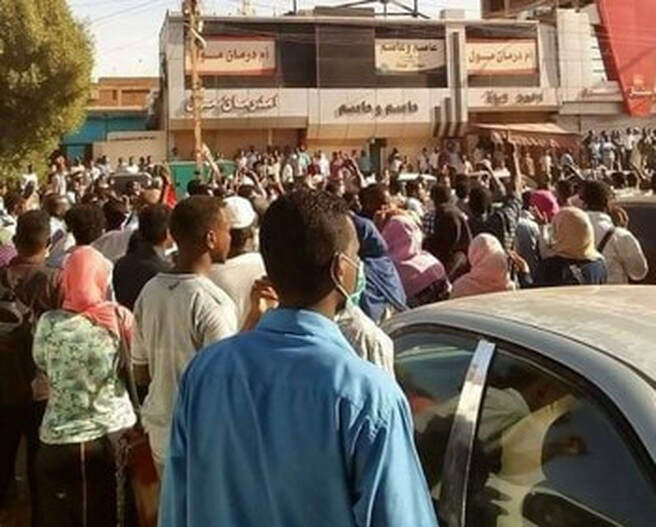|
Mahmood Mamdani, PhD. Director of the Institute of Social Research at Makerere University in Kampala, Uganda, and the Herbert Lehman Professor of Government at Columbia University, NY. 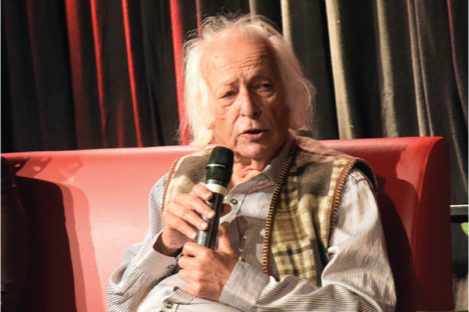 Samir Amin's life resembled that of Karl Marx: a man without a homeland, but one whose home was a chosen commitment to a historical project. (Image via Fraktion Die Linke Flickr.) Samir Amin's life resembled that of Karl Marx: a man without a homeland, but one whose home was a chosen commitment to a historical project. (Image via Fraktion Die Linke Flickr.) In June 2010, Mahmood Mamdani was appointed Director of the Makerere Institute for Social Research (MISR) in Kampala, Uganda, which he since developed into what is arguably the premier center for graduate education in the social sciences and the humanities on the continent. On December 1, 2018, at the Annual Meeting of the African Studies Association in Atlanta, Georgia, Mamdani delivered the Hormood Lecture. His theme was “Decolonization and higher education: the experience of Makerere Institute of Social Research.” Parts—on the history of intellectual debates over the nature of the African university—of Mamdani’s lecture have appeared in this London Review of Books article. A major influence on Mamdani’s mission for MISR was the late Samir Amin, the Egyptian intellectual who passed away in August 12, 2018. Soon after Amin passed, we published a post by Max Ajl on Amin’s contributions to historical social science—and revolutionary theory. Ajl concluded that Amin’s contributions span an almost mind-boggling breadth. After hearing Mamdani remembering Amin, I approached him about publishing that section of his remarks on Africa is a country. He obliged. – Sean Jacobs.
0 Comments
Abel B.S. Gaiya, A student of Christian apologetics and social theology  (Credit: Yuttana, Contributor Studio, Shutterstock) (Credit: Yuttana, Contributor Studio, Shutterstock) Walt Rostow (1959) infamously put forth a five-stage theory of economic development, extrapolating from the experiences of the great industrialized nations. However, as dependency theories strongly pointed out, the conditions under which those countries industrialized is significantly different from those that prevailed after decolonization. In addition to this, democratic capitalism experiences turbulence, which I argue makes development under this global system a struggle against powers and against what I call “Burawoyan Cycles”. Ramiro Eugenio Álvarez, PhD Candidate at Università degli Studi di Siena Santiago José Gahn, PhD student at Università degli Studi di Roma Tre 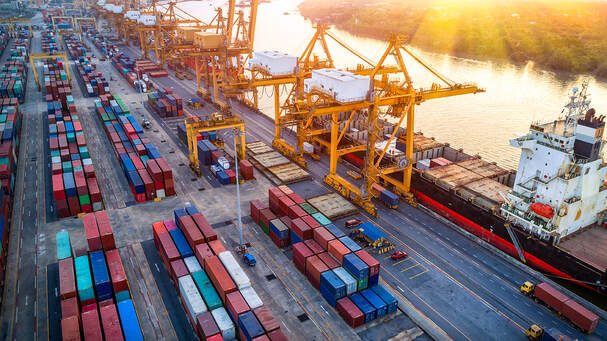 (Credit: Travel Mania, Shutterstock) (Credit: Travel Mania, Shutterstock) What drives economic development? What is the nature of the external constraints that developing economies face? What is the role of industrial policy and the central banks in the development process? These were the core questions that were posed in the recent webinar series on Development in the 21st Century, organized by the Economic Development working group of the Young Scholars Initiative (YSI). These four meetings were particularly oriented towards examining notions such as distribution, patterns of specialization, industrial policies and balance of payment constraints. The discussion of such phenomena is especially important in a context of deep academic divides regarding the drivers of economic development. Rose Jaji (PhD), University of Zimbabwe, Harare, Zimbabwe  (Credit: Giovanni Cancemi, Shutterstock) (Credit: Giovanni Cancemi, Shutterstock) Young people in Africa are faced with bleak economic prospects and limited employment opportunities regardless of their professional qualifications. Notwithstanding statistics showing that young people below the age of twenty-five constitute the majority of the population in Africa at more than 60% (Ibrahim 2019), African governments have not done enough to create opportunities and give young Africans hope for a better future on the continent. Against this background, migration has captured the imagination of many young Africans despite countless deaths on the Mediterranean Sea as boats unsuitable for the voyage to Europe capsize. African migrants who attempt to cross the Mediterranean Sea are survivors of the perils of the journey to North Africa including the trans-Saharan passage and slavery. There has also been another migration trajectory to the Middle East, predominantly undertaken by young African women. But what prospects await young Africans who arrive in Europe? And how have African migrant women fared in the Middle East? Hermann-Habib Kibangou Independent Researcher and Author For lovers of the French game “Jeu de Dames,” one would think of the version "who loses wins.” Is this African democracy? Those in power have to answer with concrete and edifying examples. In such a case, one must have the courage to integrate into our Constitutions the right to cheat, the right to theft, the right to co-optation, the right to lie. If all this is done, our African elections would hardly be denounced; the winners would be elected without social tension, or any contestation; injustice will give way to justice. But as long as the dictionary of falsehood borrows its words from the lexicon of truth, it is to be feared that we will still be in the midst of these divisions which will only delay the development we wish for our countries.[1]
Yasir Arman Deputy Chairman of the SPLM-N and Secretary for External Affairs for the Sudan Call. Sudan is facing multiple crises of nation-building, democratization, social justice, gender equality and the need for sustainable development. All these require a paradigm shift and structural changes on the basis of a blueprint that has sufficient national consensus and will eventually lead to building a modern state on equal citizenship.
The ongoing non-violent Sudanese revolution is the widest peaceful mass movement that Sudan has ever witnessed since its independence in 1956. It has involved rural and urban Sudan, women, youth, students, professionals, political parties and movements, civil society groups, and activists from all walks of life, including anti-dam and anti-land grabbing movements and others. It has also attracted, in a limited way, some Islamists from the new and older generations who are for change. Protests have continued for almost two months, which has provided Sudan’s political life with new blood, baptizing a new generation whose courage and abilities have re-energized the entire society and provided confidence that democratization and building a new Sudan is possible. Hashem Mekki Adjunct Language Professor at The Institute of World Politics Many politicians and ordinary citizens in the United States and other countries in the western hemisphere have been following the political turmoil and human rights violations against ordinary citizens in Venezuela. However, what many might not have heard of is that in Sudan, people have been oppressed and their civil liberties have been violated for half a century. The Republic of the Sudan, a country in Northeast Africa, where Islamic-oriented military regimes have dominated national politics since independence in the 1950s. Sudan is on the brink of a seismic political change as peaceful protesters march throughout its cities and the seat of power in the cosmopolitan capital Khartoum.
Anschaire Aveved, PhD. Anthropologist and Independent Researcher 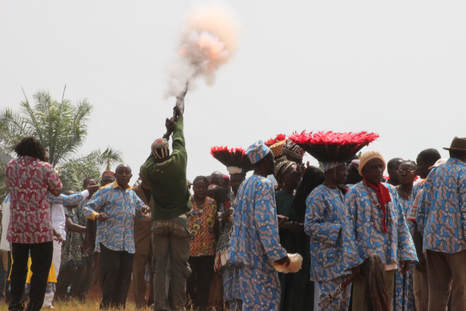 Picture was taken during a funeral at the occasion of which successor rights are transferred to a designated male descendant of the deceased, in Bafang in 2011, North-West regions of Cameroon. © Photo by Anschaire Aveved. Picture was taken during a funeral at the occasion of which successor rights are transferred to a designated male descendant of the deceased, in Bafang in 2011, North-West regions of Cameroon. © Photo by Anschaire Aveved. Two separate notions on who is an Anglophone have been gathering attention and shaping up against one another since the onset of political unrest in the North-West and South-West administrative regions of the Republic of Cameroon. The first and prevailing notion, especially outside of the country, is that Anglophones are English-speakers of the country’s English-speaking area corresponding to the former British Southern Cameroons.[1]. In the background of this notion is the assumption that Anglophones are the bulk of Cameroonians, wherever they are, who have been presumably educated in English and have thus become, more or less, the bearers of English language and British culture. Common law and the British-inspired educational curriculum have been epitomized by the demonstrations of lawyers and teachers as the expression of that culture and its resilient façade in the country’s political institutions. Ali El Aallaoui, PhD., Analyst & Researcher in Geopolitics of North and West Africa, El Aaiun Western Sahara 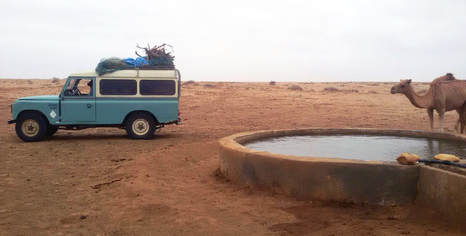 The Saharawi are a people of nomadic origin whose traditional range lands were mainly located in so-called Western Sahara[1]. The emergence of the Saharawi as a people claiming the independence of this territory, which they consider as their national territory, is the consequence of colonial history and the long process of decolonization, which is still incomplete. Following the departure of the Spanish regime under Franco in 1973, the occupation of the territory in 1975 by the Moroccan and Mauritanian armies dispossessed the Saharawi of their land for a second time. This dispossession has continued since, with the Saharawi fighting and denouncing such an occupation, both within Western Sahara by passive and active resistance (including demonstrations severely repressed by Moroccan occupation forces) and outside the territory, by a war waged until 1991, and since then by negotiation. Professor Erik Reinert, Technology Governance and Development Strategies, Tallinn University of Technology ‘This tendency to Diminishing Returns was the cause of Abraham’s parting from Lot, and of most of the migrations of which history tells’ wrote the founder of neo-classical economics, Alfred Marshall, in the first edition of his textbook Principles of Economics(1890). In a footnote he refers to the Bible’s Genesis xiii : 6: ‘And the land was not able to bear them that they might dwell together; for their substance was great so they could not dwell together’. (Marshall 1890: 201). 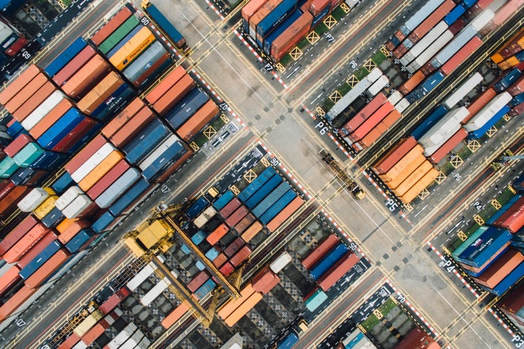 Marshall’s observation also applies to today’s migration patterns: from countries where most activities are subject to constant or diminishing returns to countries whose key economic activities are subject to increasing returns to scale. Diminishing returns occur when one factor of production is limited by nature, which means that it occurs in agriculture, mining, and fisheries. Normally the best land, the best ore, and the richest fishing grounds are exploited first, and – after a point – the more a country specialises in these activities, the poorer it gets. OECD (2018) shows how this occurs in Chilean copper mining: every ton of copper is produced with a higher cost than the previous ton. |
Archives
October 2023
Categories
All
|
Copyright © 2023 The Zambakari Advisory - Privacy Policy
Our site uses cookies to improve your experience. You can control cookies by adjusting your browser or device settings.
If you continue without changing your settings, we assume that you are happy to receive all cookies.
If not, please feel free to opt out here.
SEO by Qasim Khilji
Our site uses cookies to improve your experience. You can control cookies by adjusting your browser or device settings.
If you continue without changing your settings, we assume that you are happy to receive all cookies.
If not, please feel free to opt out here.
SEO by Qasim Khilji

